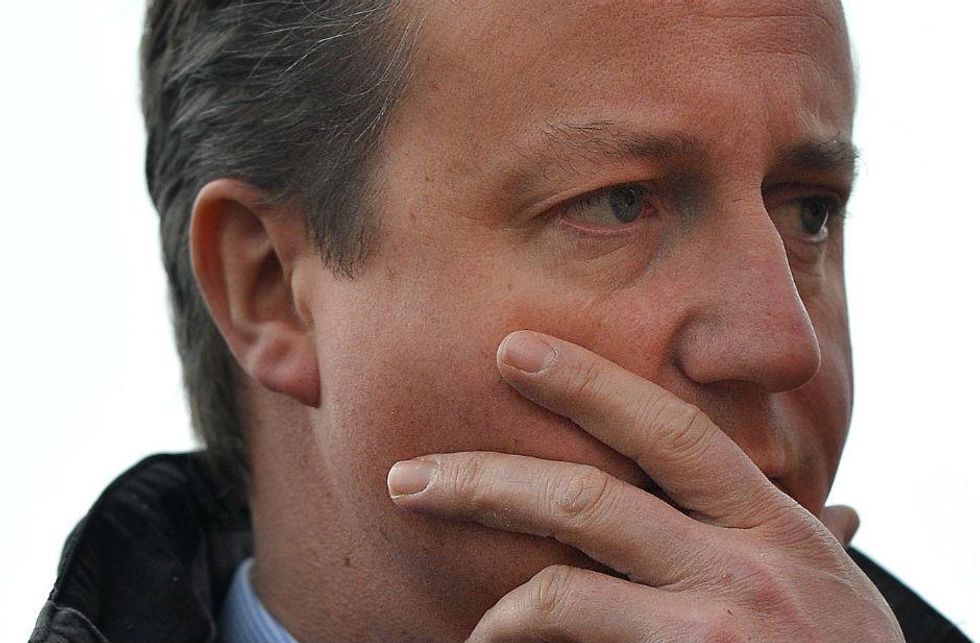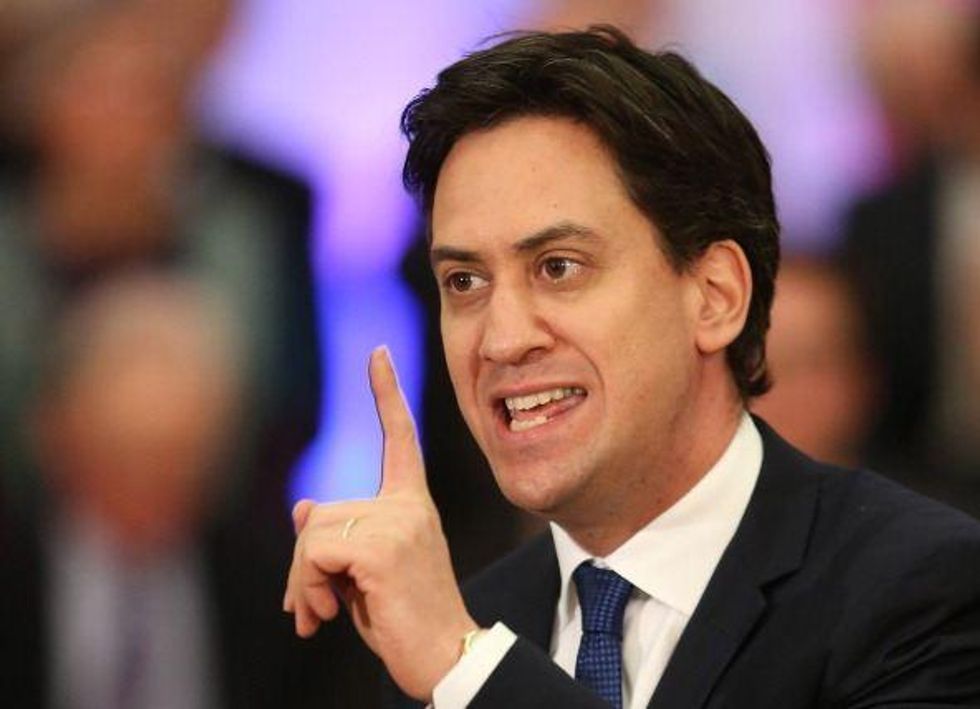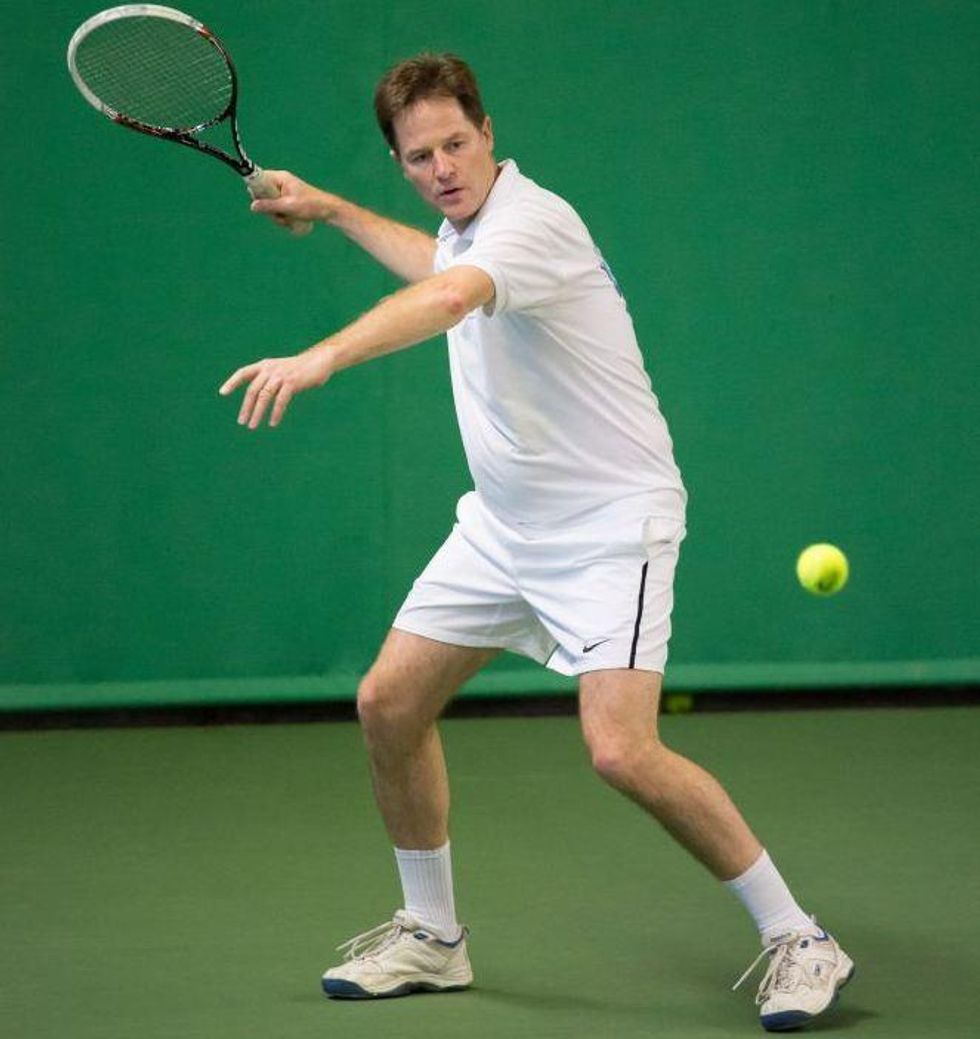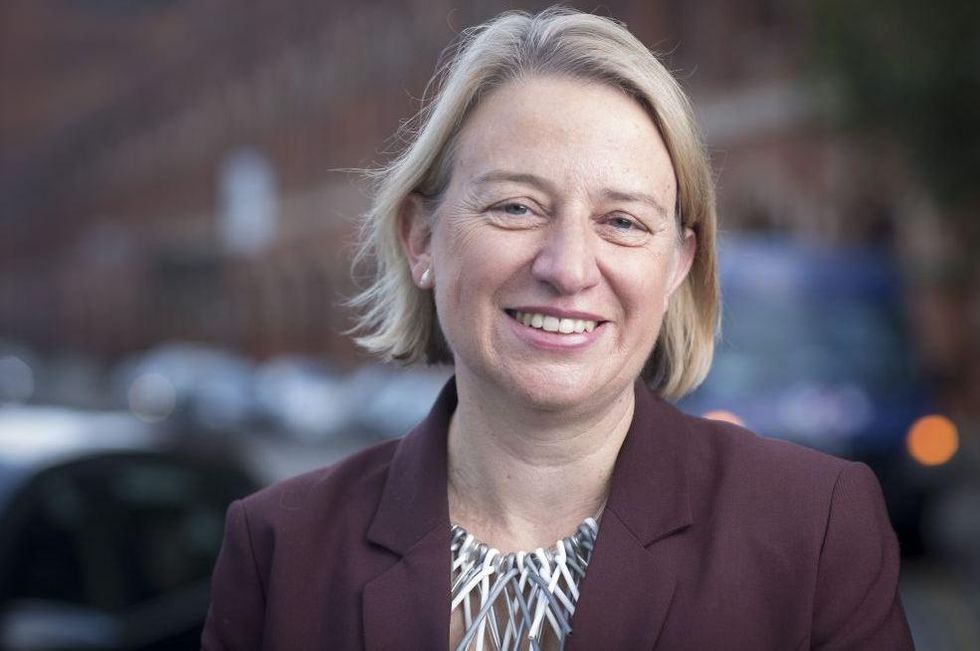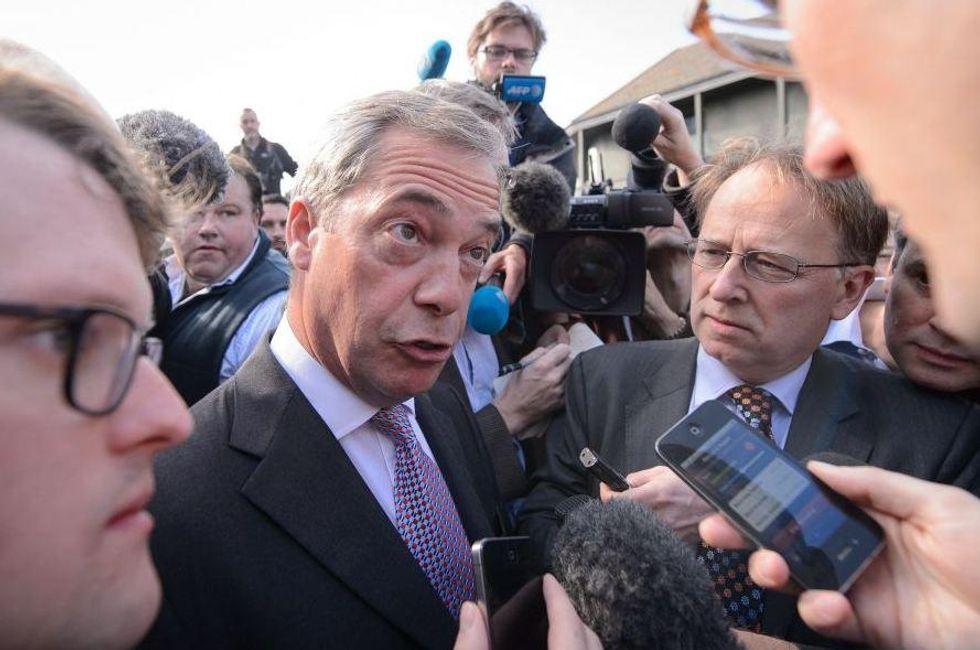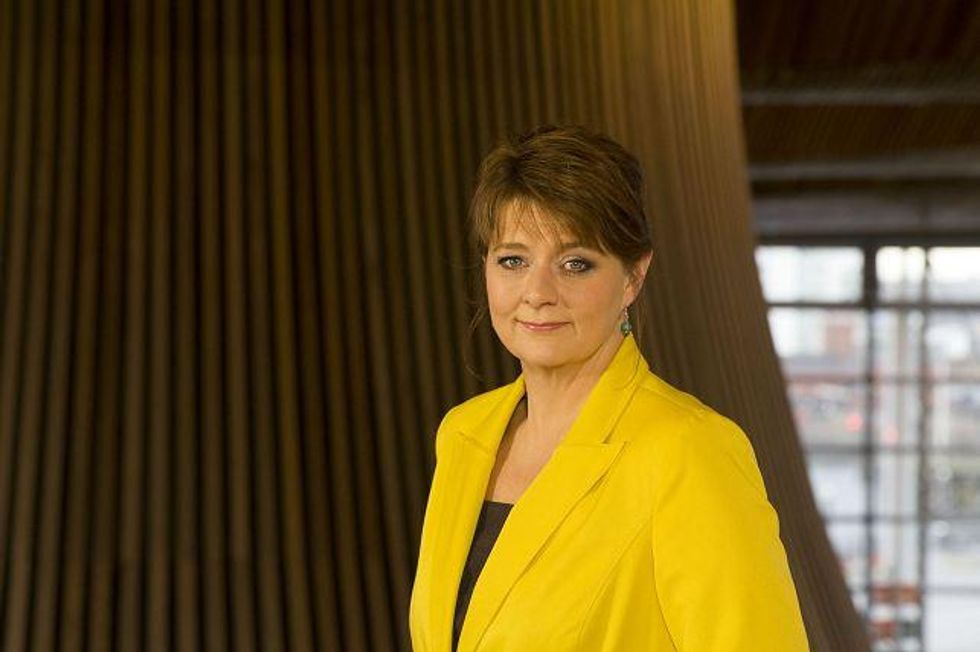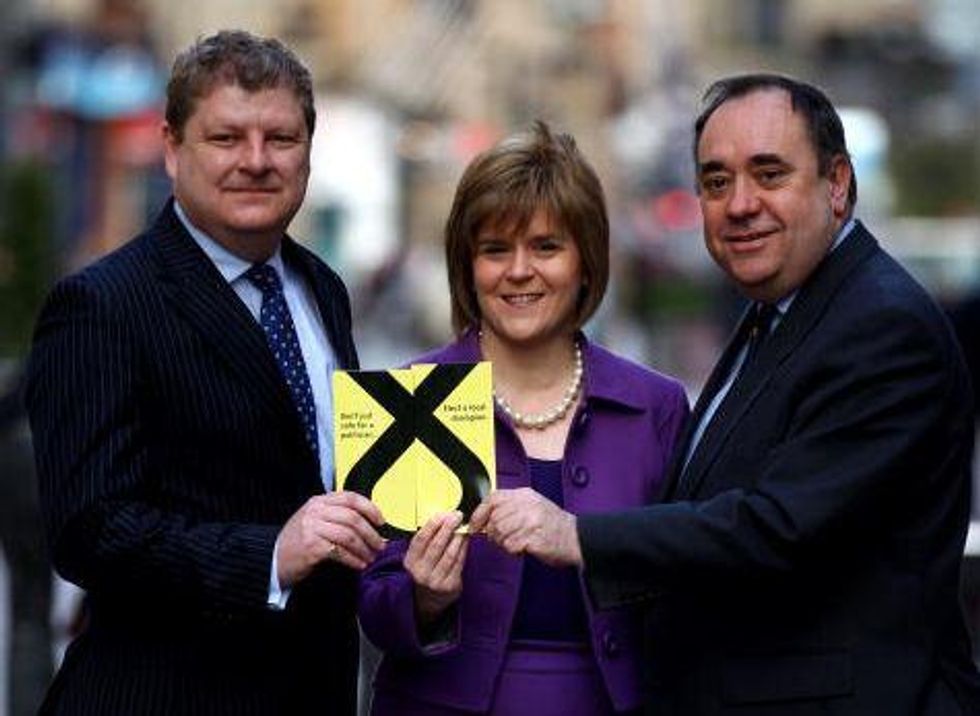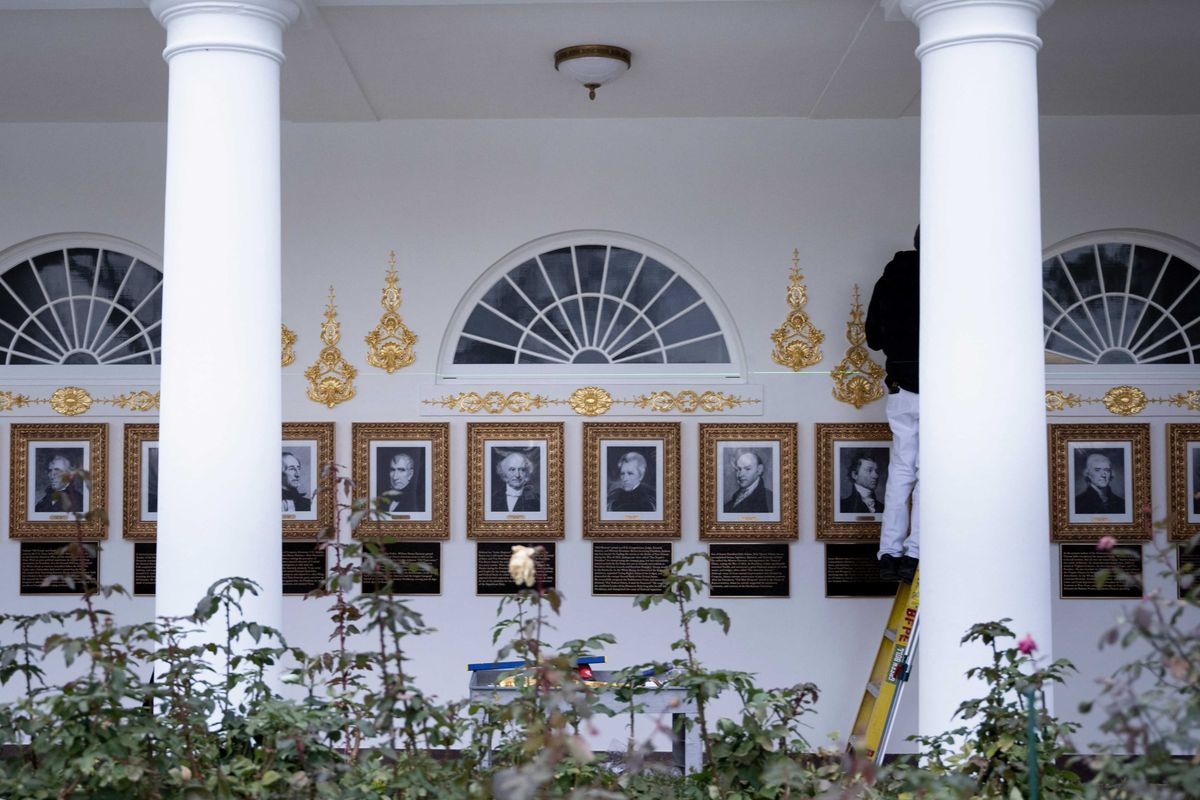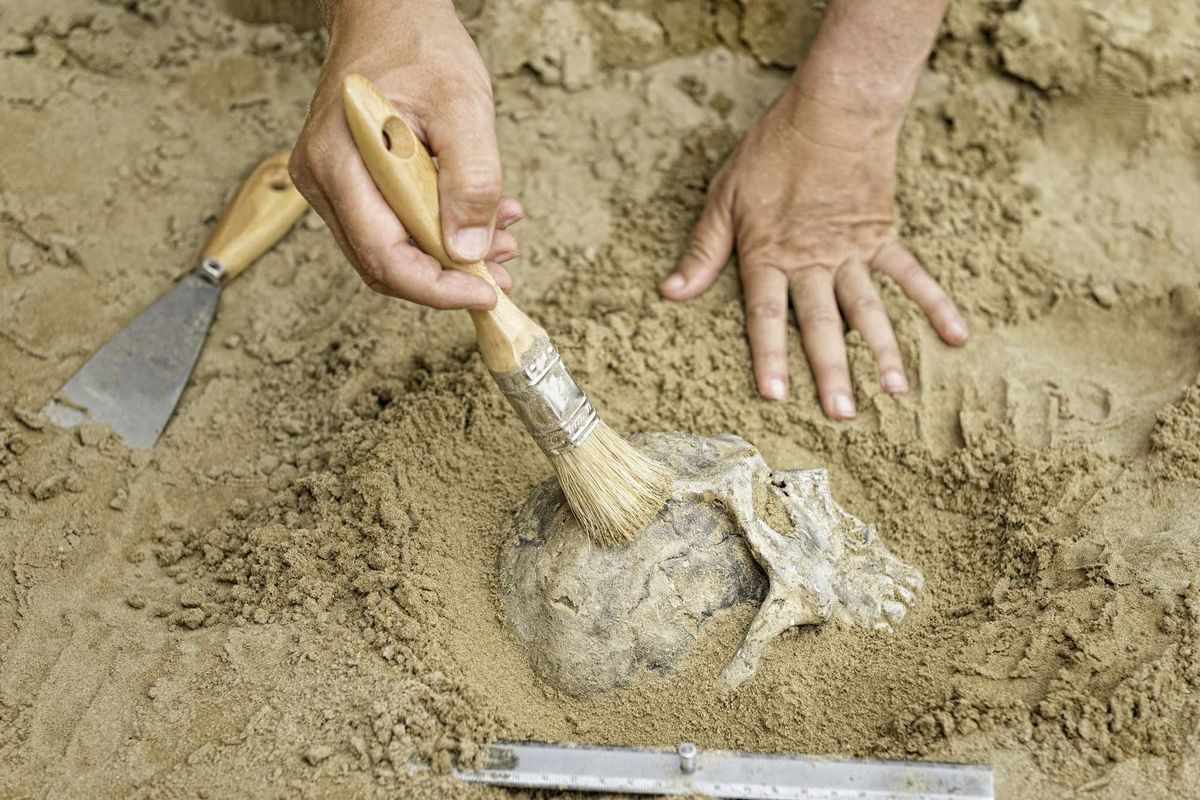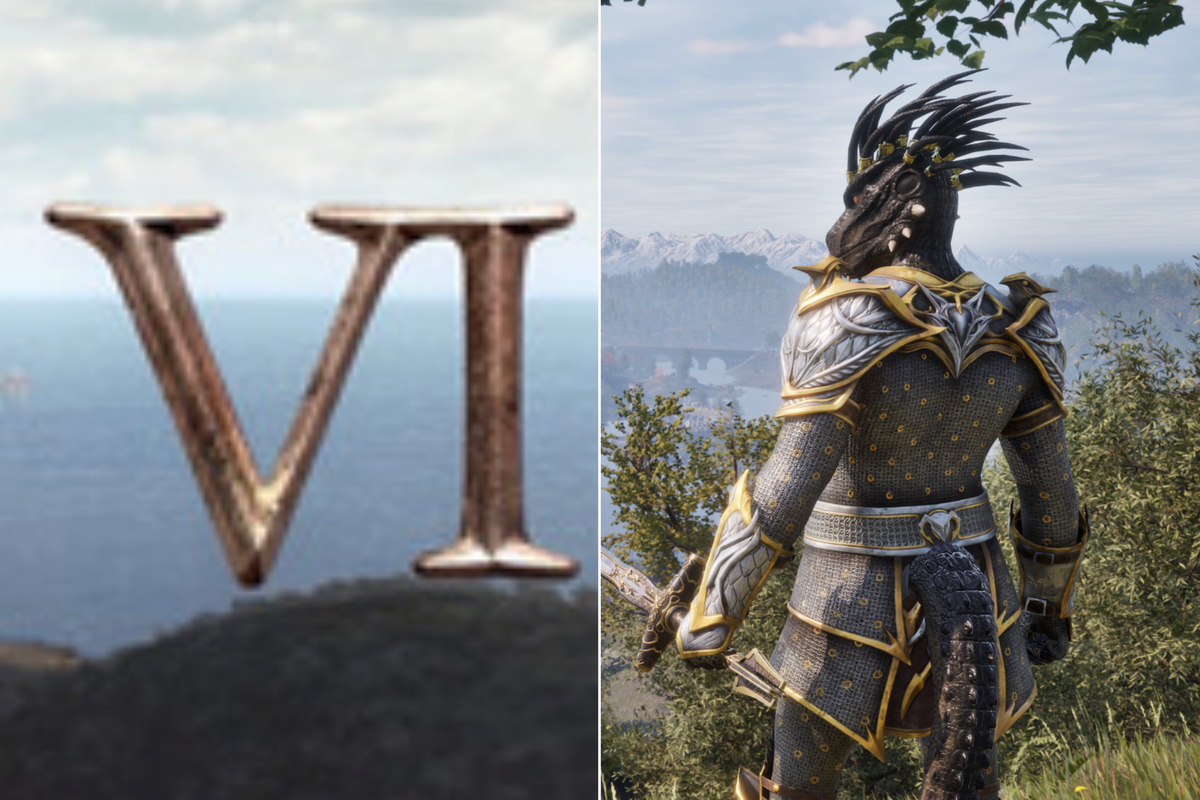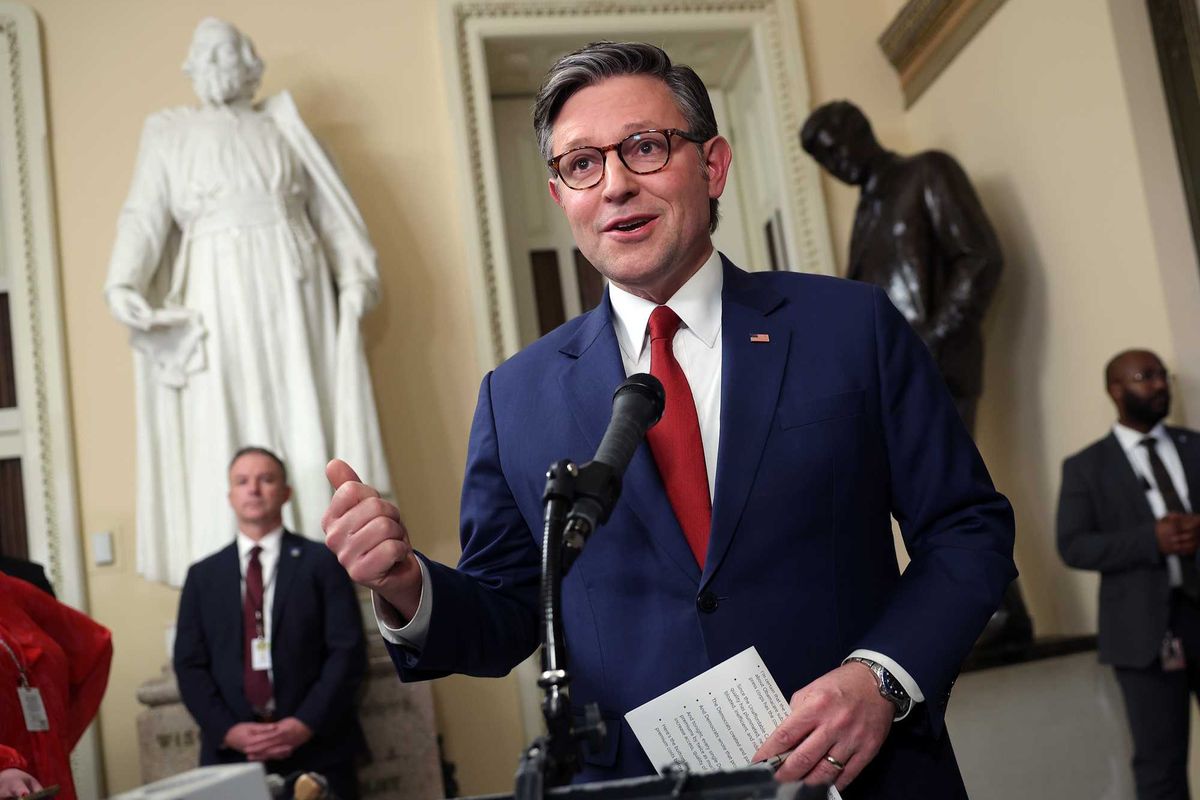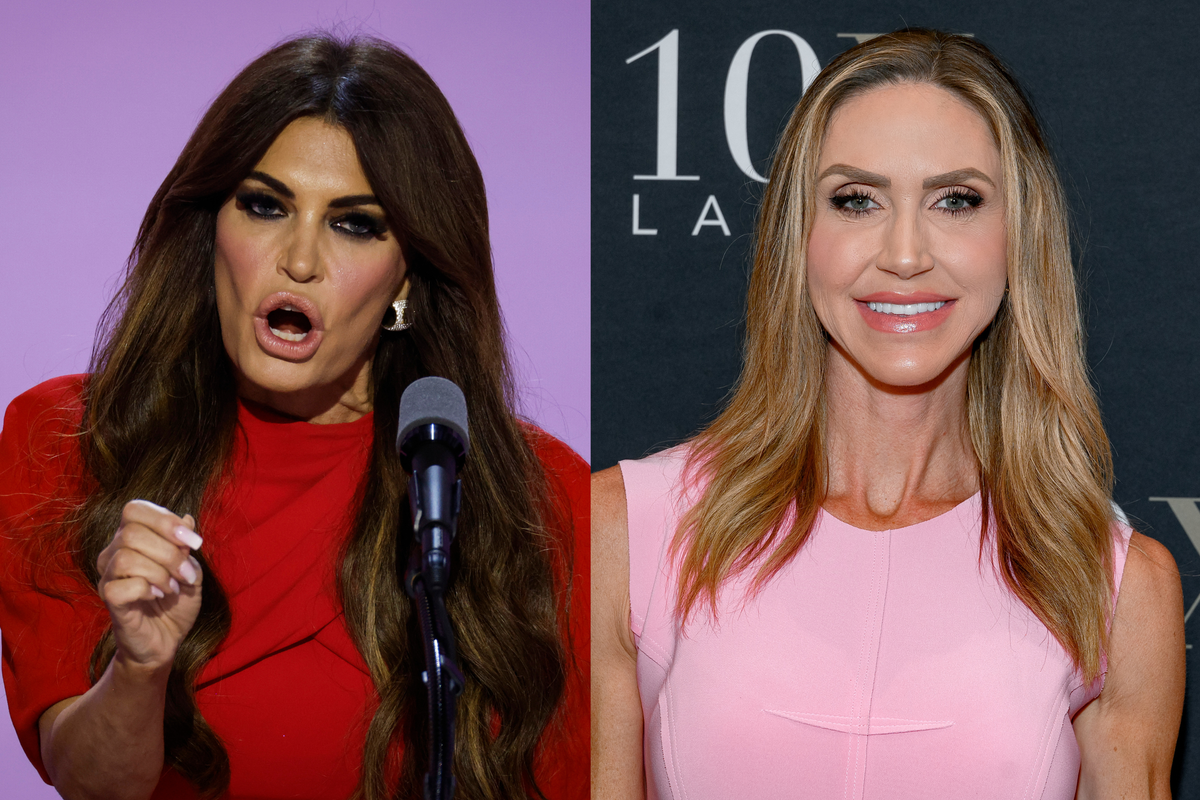News
Evan Bartlett
Oct 13, 2014
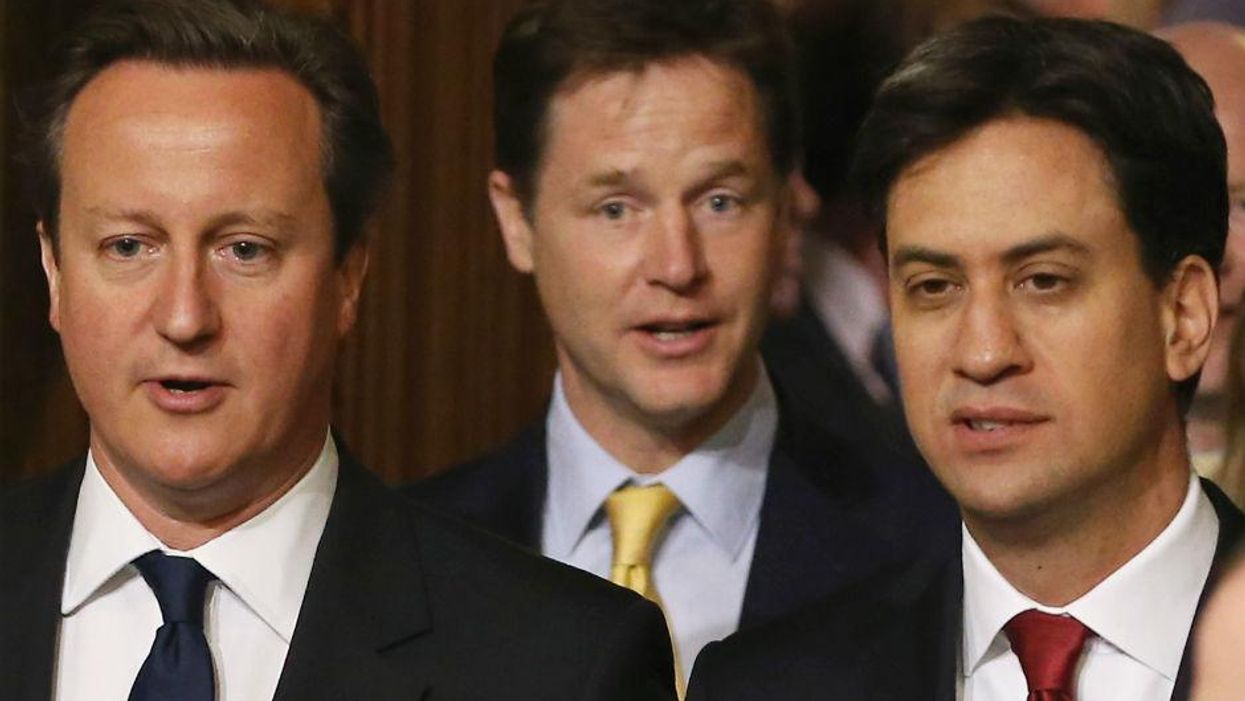
(Picture: Getty
Leading broadcasters have announced plans to hold three televised debates in the six weeks leading up to next May's General Election - including one with Ukip's Nigel Farage.
The BBC, ITV, Sky and Channel 4 announced their joint plans today - one debate will be a head-to-head between David Cameron and Ed Miliband, a second will include Nick Clegg and a third would involve all three main party leaders and Mr Farage.
But here's why no one is really that happy...
Conservatives
David Cameron has raised "some questions" about the announcement. "Why have all the debates inside the election campaign, rather than spreading them out over a longer period?" the prime minister said.
"And also, why include some parties and not other parties? If you have one person [Nigel Farage], then the Greens have an MP as well, so you have to think these things through," he added.
Labour
In July Ed Miliband went on the record to say he is a politician of "substance" and not one for "showbiz". The Labour leader warned that "photo-op culture” demeaned politics, and unless politicians changed their ways, “more and more people will simply turn away”.
Despite that fact, Mr Miliband appeared to be the most positive party leader but still expressed his fears that the prime minister could "put up false obstacles to [stop] these TV debates happening".
Lib Dems
Despite winning 57 seats at the last election and performing well in the last debates, a decline in the Liberal Democrats' approval rating means they will be excluded from one of the debates. This is something there are not happy about.
Nick Clegg's party said in a statement today: "We do not accept the proposal that the Lib Dems, as a party of government, should be prevented from defending our record in one of the TV debates.
"That is the case we will make strongly in the negotiations that will now take place and we urge the other parties to join us around the negotiating table without excuse or delay.”
Greens
The Green Party have been excluded from all the debates despite matching the Liberal Democrats in the opinion polls (seven per cent) and matching Ukip in terms of number of MPs (one).
Green MP for Brighton Pavilion, Caroline Lucas, tweeted her disgust earlier:
While party leader Natalie Bennett said: "With these proposals the broadcasters are demonstrating just how out of touch they are with the public mood, and how ridiculously they cling to the idea that the future of politics looks like the past."
Ukip
While being given a public platform alongside the main three parties like this would normally be seen as a boon for a party of Ukip's size, such has been their rise in popularity in recent months that Nigel Farage actually expressed his slight disapproval of the proposals.
"The decision is better than it could have been. It does at least recognise the increasing popularity of UKIP. However if the political landscape continues to change we would expect and ask for inclusion in a second debate," the Ukip leader said.
Plaid Cymru
The Welsh nationalist party, who have three Westminster MPs (more than Ukip and the Greens combined) have also been excluded from the debate.
Party leader Leanne Wood said today: "The people of Wales deserve nothing less than to hear what all parties have to offer them and we will be taking immediate steps to ensure that this happens."
Scottish National Party
The Scottish nationalists boast six Westminster MPs (more than Ukip, the Greens and Plaid Cymru combined) and are equally unhappy about the proposals.
Angus Robertson (above left), the party's Westminster leader, described the debate format as "utterly unacceptable to any democrat", according to the BBC.
"Current Westminster voting intentions put the SNP in the lead in Scotland, and it is clearly wrong that the leader of the third biggest political party in the UK should be shut out of these network debates," he added.
More: NHS reforms and six other policies the coalition might regret
Top 100
The Conversation (0)
